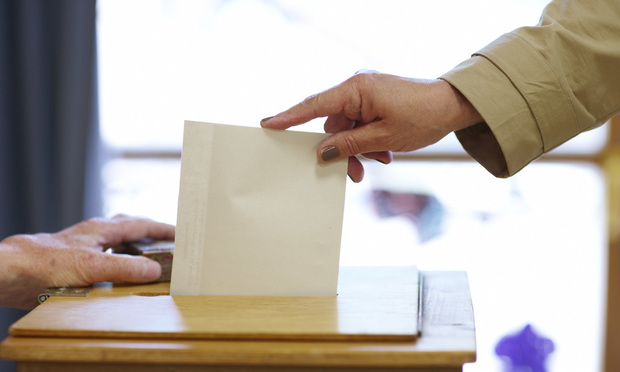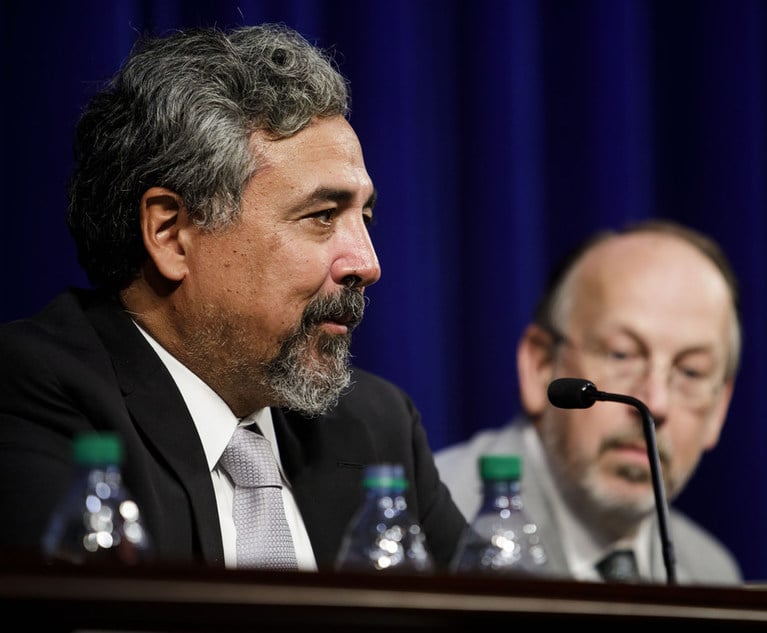Recent history has reminded us that the Electoral College, not individual voters, elects the president of the United States. But who decides how presidential electors are selected? With the exception of Maine and Nebraska, each state designates its electors on a winner-take-all basis. The states, however, are not required to follow this process or any other. In fact, the states are not constitutionally mandated to permit their own citizens to vote for president of the United States. Imagine a presidential election in which you had no right or opportunity to vote.
In light of popular concern about the potential for the Electoral College to subvert the “will of the people,” the National Popular Vote Initiative gave rise to the National Popular Vote Interstate Compact (NPVIC) among a number of states. This article examines Supreme Court pronouncements about how states may, and may not, use their constitutional powers to determine their respective electoral regimes, then looks at the NVIC and an argument that it is unconstitutional.


 Photo: Christian Schwier/Fotolia
Photo: Christian Schwier/Fotolia




